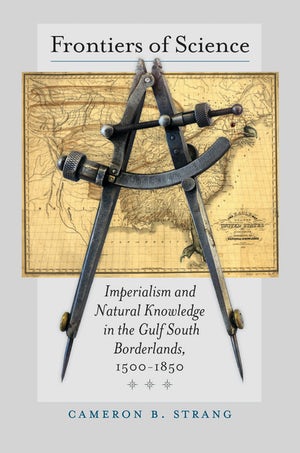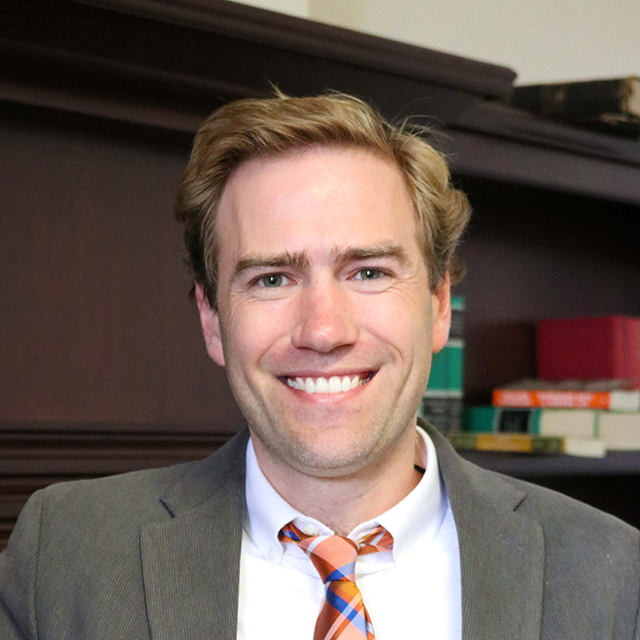Historical Perspectives On Contemporary Issues
Cameron Strang — Frontiers of Science

Closed-captioning available on Youtube.
In this podcast episode, we talk with Cameron Strang, author of Frontiers of Science: Imperialism and Natural Knowledge in the Gulf South Borderlands, 1500-1850
Cameron Strang takes American scientific thought and discoveries away from the learned societies, museums, and teaching halls of the Northeast and puts the production of knowledge about the natural world in the context of competing empires and an expanding republic in the Gulf South. People often dismissed by starched northeasterners as nonintellectuals--Indian sages, African slaves, Spanish officials, Irishmen on the make, clearers of land and drivers of men--were also scientific observers, gatherers, organizers, and reporters. Skulls and stems, birds and bugs, rocks and maps, tall tales and fertile hypotheses came from them. They collected, described, and sent the objects that scientists gazed on and interpreted in polite Philadelphia. They made knowledge.
Frontiers of Science offers a new framework for approaching American intellectual history, one that transcends political and cultural boundaries and reveals persistence across the colonial and national eras. The pursuit of knowledge in the United States did not cohere around democratic politics or the influence of liberty. It was, as in other empires, divided by multiple loyalties and identities, organized through contested hierarchies of ethnicity and place, and reliant on violence. By discovering the lost intellectual history of one region, Strang shows us how to recover a continent for science.
Cameron Strang was a 2010 to 2011 Dissertation Research Fellow at the Consortium for History of Science, Technology and Medicine.
 Cameron B. Strang is assistant professor of history at the University of Nevada, Reno.
Cameron B. Strang is assistant professor of history at the University of Nevada, Reno.
Insights from the Collections
The Consortium’s collections provide many opportunities to learn more about the history of natural science and field science in North America.
Our cross-institutional search tool allows researchers to investigate materials across multiple institutions from a single interface. With more than 4.4 million catalog records of rare books and manuscripts, the Consortium’s search hub offers scholars and the public the ability to identify and locate relevant materials.
Search the Consortium search hub.
Some archival materials related to this topic include:
Violetta Delafield-Benjamin Smith Barton Collection, American Philosophical Society
Etats-Unis d'amerique, American Philosophical Society
Letters written to Judge Tait, 1829-1835, Drexel University Academy of Natural Sciences
Plan de l'habitation de Seu Jn. Bte. de Marigny. Pour servir au partage des heritiers, Newberry Library
See also recent work from our fellows:
AJ Blandford, Labor and the Visualization of Knowledge in American Geological Surveys